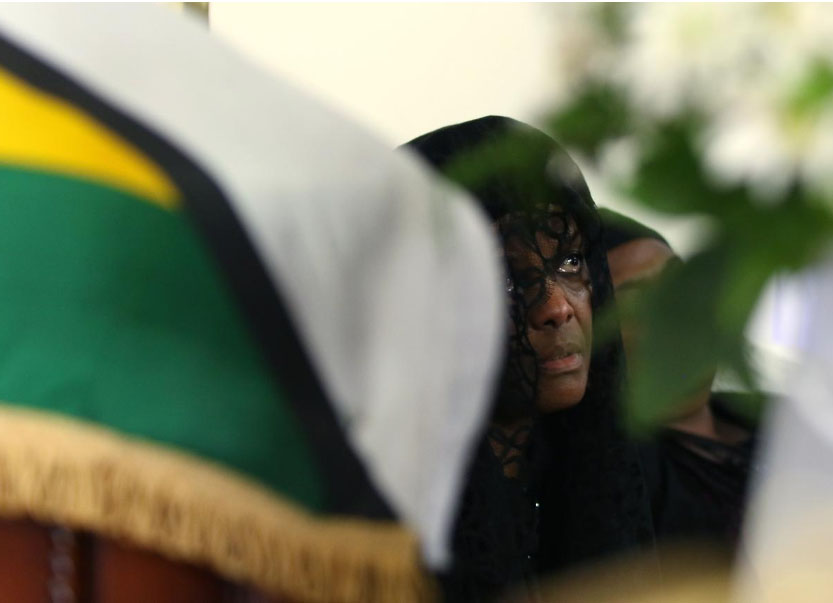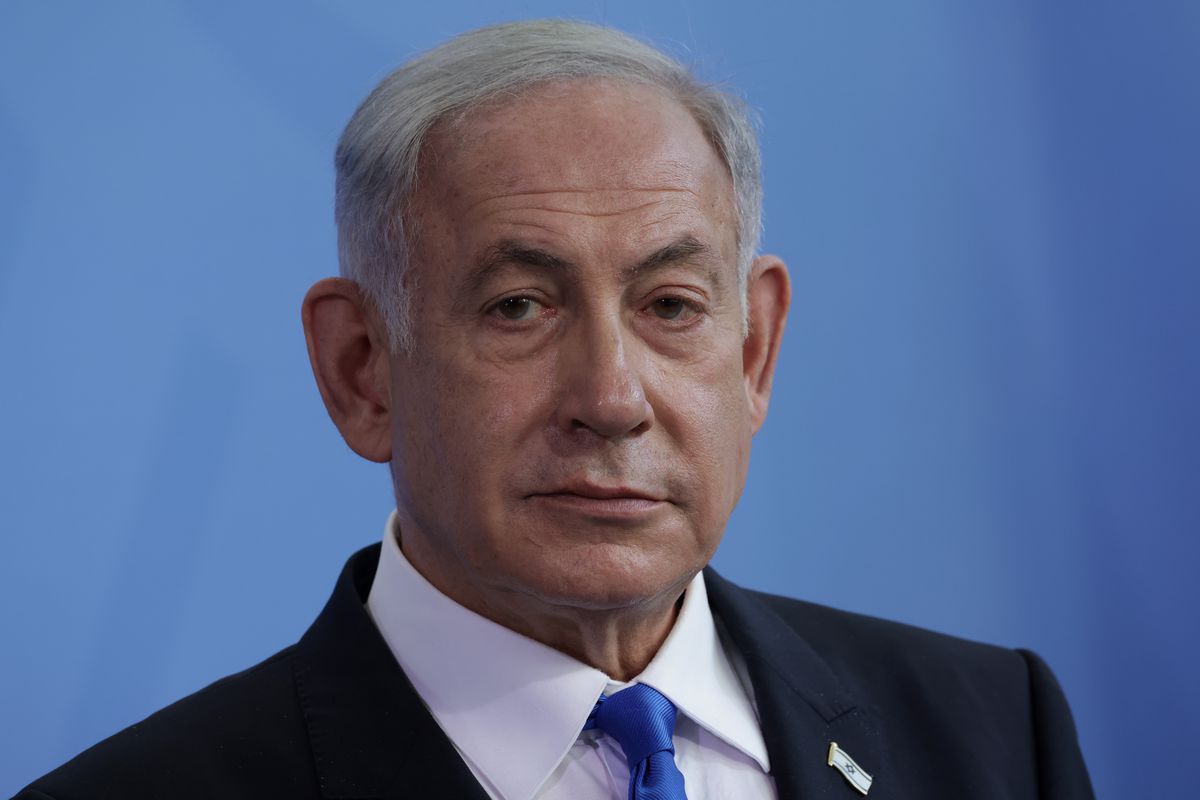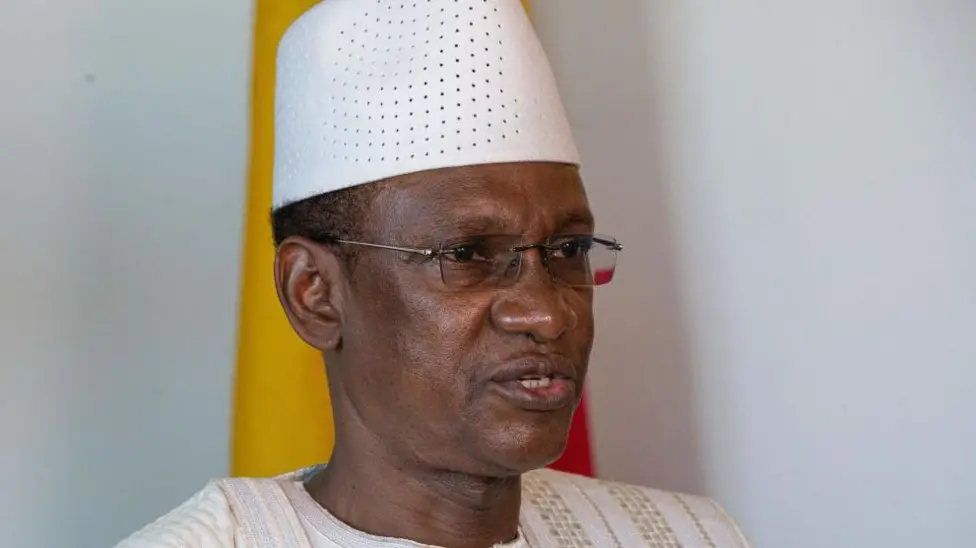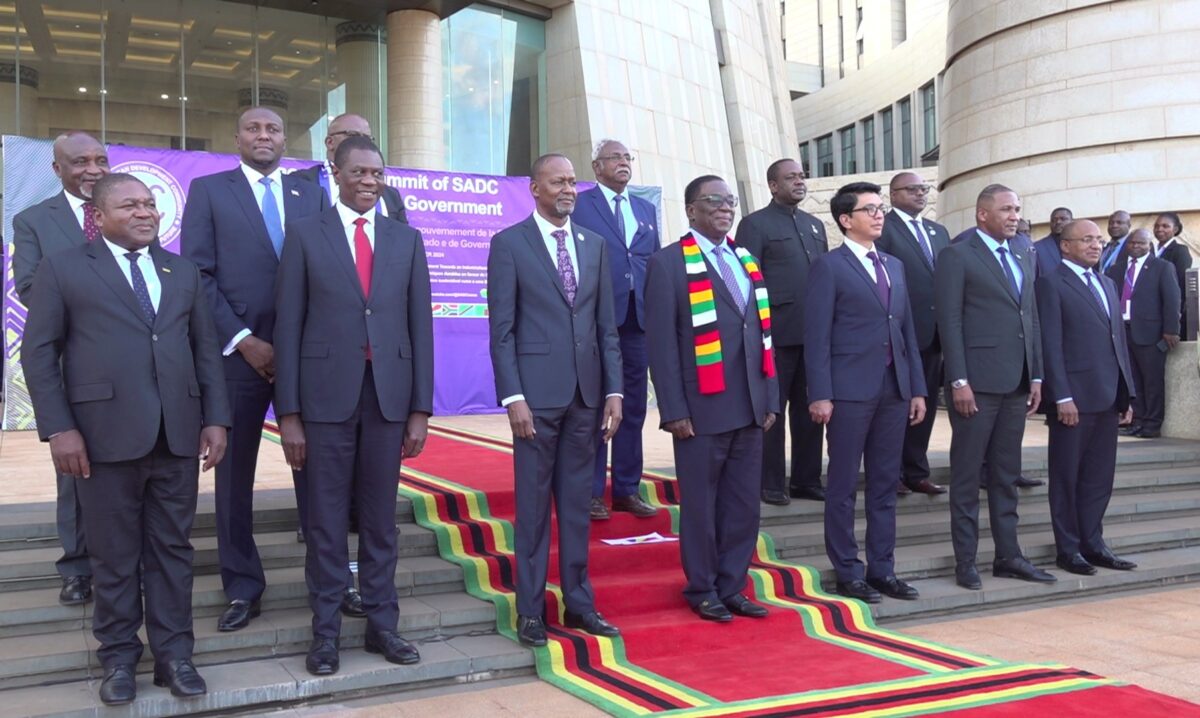HARARE – Robert Mugabe’s widow says her family has been subjected to “intense mental torture” over attempts to exhume and rebury the late former president against the family’s wishes.
Grace Mugabe, 56, on Monday filed a High Court application seeking to overturn a ruling of a traditional court which ordered that Mugabe be exhumed from his rural home in Kutama for reburial at the National Heroes Acre, a hilltop shrine in Harare.
Mugabe’s children Bellarmine, Robert Junior and Bona recently failed to overturn the ruling by Chief Zvimba, Stanley Mhondoro, after a magistrate in Chinhoyi ruled that they could not represent their mother, who was judged in absentia in May.
“The magistrate Ruth Moyo has dismissed the application she forced me to do on a technicality, which means my only recourse is to appeal,” she said in an affidavit.
“I am advised that the appeal process can take between six months to even two years depending on how inundated the High Court will be to accommodate appeals. This delay in time will be gravely unfair on me and my family as we are subjected to intense mental torture each day with the uncertainty of the resting place of my late husband and the former president of the Republic of Zimbabwe.”
The former first lady is arguing that magistrate Moyo had no authority to deliver a ruling based on an appeal by her children if she felt they had no legal standing to file the appeal in the first place.
Mugabe’s widow said after the traditional court’s ruling made while she was in Singapore, her lawyers wrote to Moyo on June 2 asking her to review Chief Zvimba’s decision which had “serious irregularities.”
She said Moyo ignored the first letter, but responded to a second written on June 23. In her reply, the magistrate advised her to file a “proper application” before the court that would be dealt with in terms of “proper procedure”. Mugabe said she had legal advice that the procedure of seeking a review of a traditional court’s ruling was to “notify the provincial magistrate of the decision and identify the procedure defects with the chief’s decision so that the magistrate can mero motu exercise statutory review powers.”
Instead, she says Moyo forced her to file a review application, in which she gave her daughter, Bona, powers of attorney. The magistrate dismissed the children’s appeal, insisting that only the former first lady could file an application for review.
“I am advised that the procedure that Moyo directed is not in terms of the law, specifically that I prepare an application for review. The wrongful directive by the provincial magistrate and her clear neglect of duties is prejudicial to me in that it violates my right to equal protection before the law,” she argues.
“I wish to direct the court’s attention to the fact that this matter involves the former president of the Republic of Zimbabwe and to that end has attracted so much public attention and put the Zimbabwean courts under an unnecessary spotlight.
“Her (Moyo) subsequent refusal to review the community court’s decision is an indication of her unpreparedness or unwillingness to dispose of the matter and that is clearly infringing on my constitutionally entrenched right to a fair hearing.
“I implore this Honourable Court to exercise its inherent judicial powers to correct and guide provincial magistrates who might find themselves in the situation of Moyo particularly when matters of national interest as the present one have arisen.”
She further asked that the High Court conduct a review of Chief Zvimba’s directive as Moyo had shown that she had no interest in dealing with the matter.
Mugabe said the proceedings in the community court were a nullity on the basis of improper service of summons which were delivered to her Blue Roof Borrowdale home – well outside the chief’s jurisdiction. She argues that this fact alone ought to have given Moyo confidence in quashing Chief Zvimba’s ruling.
She is seeking an order granting her application for review; that Moyo’s June 29 letter “together with all the processes that ensued as a result of it are hereby nullified and set aside”; and that Chief Zvimba’s decision is reviewed and set aside in its entirety.
Chief Zvimba ordered the exhumation and reburial of Mugabe’s remains after accusing the late leader’s wife of breaking local custom by interring him at his rural home in 2019.
Mugabe, who was ousted in a coup that brought Emmerson Mnangagwa to power in November 2017, was buried at his village of Kutama after weeks of dispute with Mnangagwa’s government over his final resting place.
Chief Zvimba said he had received a complaint from Tinos Manongovere, claiming to be a Mugabe clan member over the manner of his burial.
He fined the former first lady five cows and a goat, before decreeing: “I give powers to those who are permitted by law to exhume the late Robert Mugabe’s remains from Kutama and rebury them at the National Heroes Acre in Harare.”
Chiefs in Zimbabwe have jurisdiction over their local subjects but it is rare for them to order families to exhume bodies for reburial.
Mnangagwa had pushed for Mugabe to be buried at the monument for liberation war heroes, but the family refused, saying Mugabe had expressed fears to close family members before his death that some of the people who ousted him would seek to conduct a traditional ritual with some of his body parts.
















